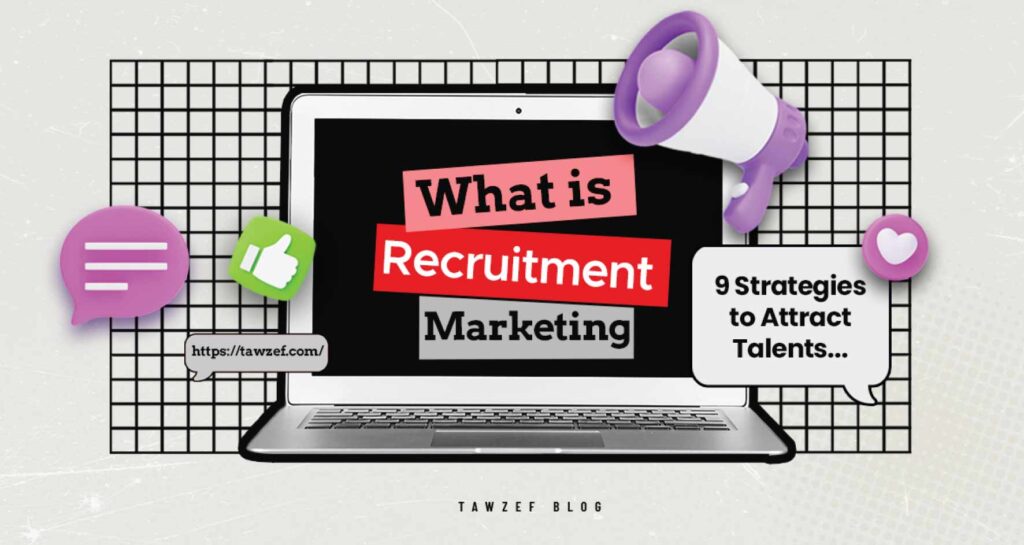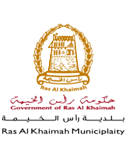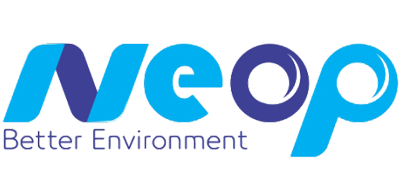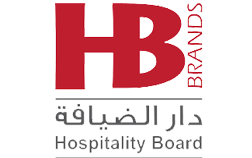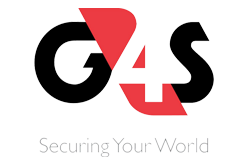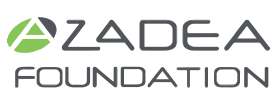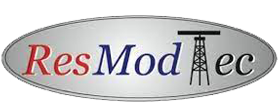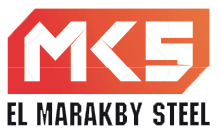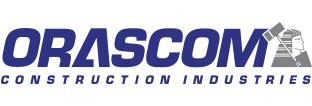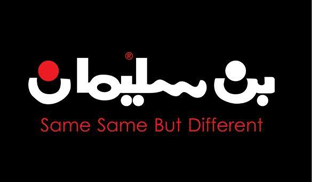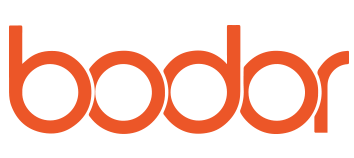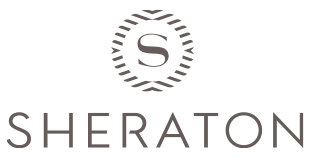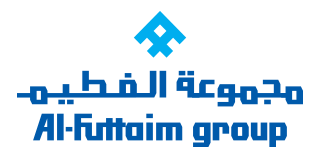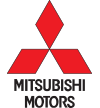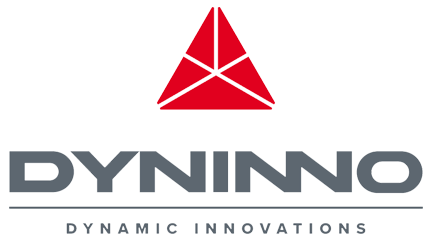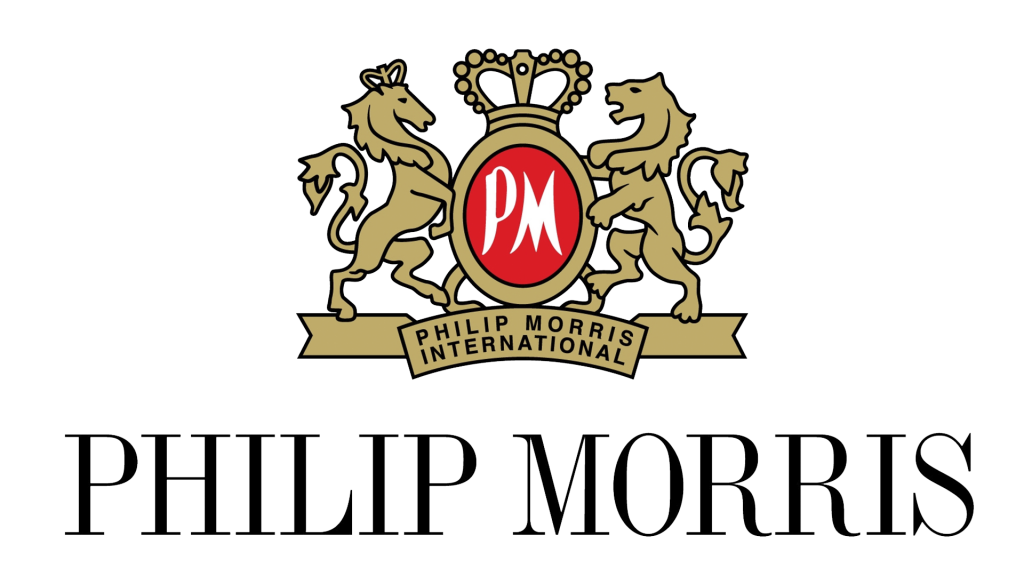When employees apply for a job, employers, including HR and hiring managers, look for different sets of skills. These skills can be technical skills, which are related to doing this specific job, or soft or employability skills.
Two people may have the same technical skills to perform a certain role. But it’s their employability skills that set them apart.
Employability skills are particularly important for small-and-medium-sized businesses as well as startups.
In this article, we’ll explain what employability skills are and why they’re important. We’ll also discuss the top skills to look for when hiring talents.
What are employability skills?
Often referred to as ‘soft skills’ or ‘transferable skills, employability skills are non-technical skills that can make employees stand out.
Seasoned hiring managers and recruiters value these employability skills because they often indicate top performers.
Unlike technical skills, soft skills aren’t job-specific. They can be generic, like critical and creative thinking, and apply to different roles and seniority levels.
There are many ways employees and candidates can pick up employability skills. It can be as simple as taking part in extracurricular college activities, playing sports, or participating in volunteering activities.
Why are employability skills important?
Employability skills are important for both employees and employers.
For employers, such as SMEs and startups, employability skills can determine or uncover:
- top performers
- upcoming leaders
- people who can be efficient in customer-facing roles
For employees and candidates, employability skills can:
- build confidence
- support career growth
- help uncover hidden skill sets
- help individuals uncover roles where they’re most efficient
What are the 8 employability skills?
Candidates applying to vacancies in your organization will have varying employability skills and varying levels within the same skill.
While you may be able to uncover some soft skills during an interview, more skills will likely emerge after you hire the candidate.
Asking unstructured interview questions like asking about strengths and weaknesses may help you uncover skills an employee possesses or skills they need to improve.
Let’s look at the top employability skills employers search for.
1) Communication
Strong communication skills are by far one of the most important soft skills an employee can and should have. Junior employees may be weak communicators because they’ve not been in a business setting or had many life experiences.
However, those who have taken part in college or extracurricular activities may have picked up this skill.
Having strong communication skills helps team members both on an individual level and a professional level. It’s an important skill for internal and external communications. A skill that employees and managers should constantly develop.
2) Collaboration
How many jobs have you seen that included a requirement of ‘being able to work in a team’ or asked for a ‘team player?’
Collaboration and teamwork are essential employability skills every employee needs to have and continuously develop.
Teams can’t function well if every member is an island. While individual skills are important, teamwork and collaboration are highly valued soft skills.
This is clearer in settings such as startups and small companies where roles may slightly overlap. Companies today rely on employees being able to work efficiently within their team and on teams collaborating together to grow the business.
3) Critical thinking and problem-solving
Critical thinking and problem-solving skills are related soft skills employees and fresh graduates should work on developing. These employability skills develop as people work and collaborate in a health work environment.
Problem-solving skills aren’t limited to seniors and managers. They are skills worth having regardless of where you are in your career.
Companies value employees who can solve, or at least try to solve, problems instead of simply flagging issues.
4) Time management
Whether you’re a manager who needs to manage their time between hiring new employees, training newcomers, and supporting team members or a junior adapting to your new responsibilities, time management is a must-have skill.
Time management skills are considered both a life-skill, because they help you manage different aspects of your daily life, and an employability skill, because they help you do your job better.
Having and improving your time management skills can reduce stress and help you avoid employee burnout. They can also help you improve your productivity, or if you’re managing a team, improve your team’s productivity.
Further reading: How Does Technology Increase Productivity in the Workplace?
5) Negotiation and persuasion skills
Being able to negotiate is an important soft skill for various roles.
Negotiations help employees personally, by negotiating better employment benefits, and professionally, if their work involves negotiating with other companies, teams, or vendors.
It’s a valued skill for people working in recruitment, marketing, and sales. It’s an important skill for managers, too.
6) Being able to work independently
Besides being able to work in a team, being able to work independently is an important employability skill to have.
Working independently doesn’t mean working alone. It means being able to work without supervision from your manager or other team members.
Working independently goes hand-in-hand with time management. Managers value team members who can work independently because they can rely on them to get the job done.
This is a skill that can build trust between team members and their managers.
7) Flexibility and adaptability
Being flexible is an underrated skill. Especially if you’re working in a startup or small business. Like time management, flexibility is a life skill and an employability skill.
Flexibility and, by extension, adaptability can involve staying calm in tense situations, staying positive, and adapting to change.
It also involves not being rigid or hanging on to one way of doing things.
In today’s fast-paced work environment, adaptability is an important skill that helps both the individual, team, and company benefit from and drive innovation.
8) Leadership
Being a leader isn’t limited to managers. In fact, uncovering candidates or employees with leadership skills is an opportunity for your business.
Leadership skills are a combination of various employability skills. They include being proactive, being able to think creatively and critically, and being able to guide and mentor others.
For managers, leadership skills help them lead their team, instead of simply managing daily tasks.
Further reading: How to Manage Multiple Teams: Follow These 8 Tips
Wrapping it up
Employees should work on improving their employability skills.
But managers, team leaders, and HR personnel should also support their employees by uncovering their weaknesses and helping them develop.
Managers can uncover weaknesses through day-to-day activities and tasks and discuss them with their team members. This can be during their monthly, quarterly, or semi-annual performance reviews.
Conducting a team performance review can also be beneficial for the entire team.
Managers can then collaborate with their team members and create a self-development plan or offer employee training and development programs.
Conducting psychometric tests can also uncover other cognitive and soft skills among team members.
For HR Consultations, Get in Touch Today!










